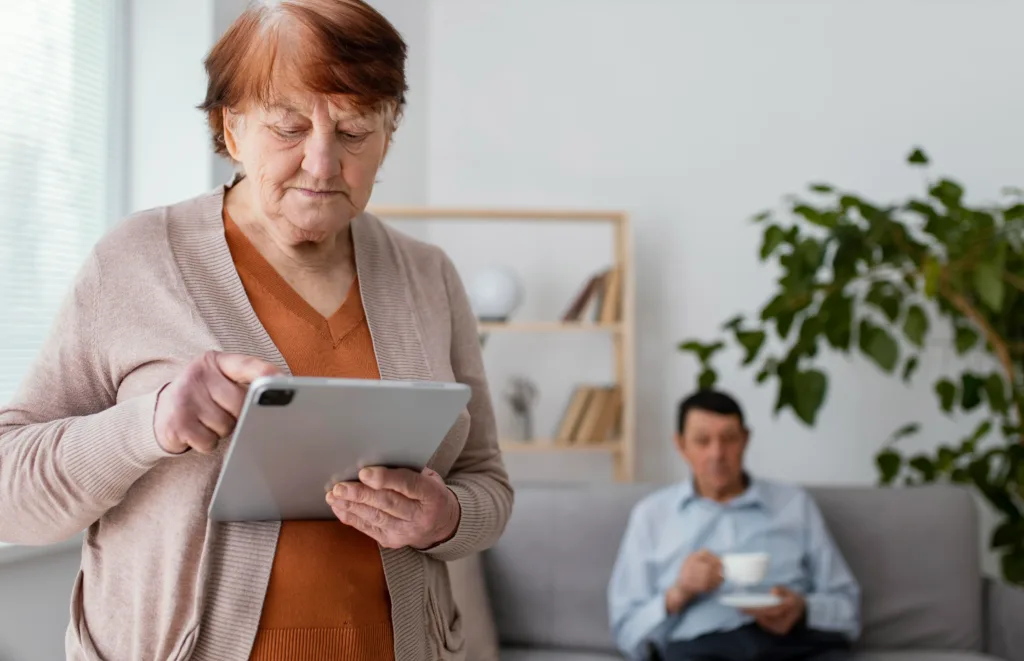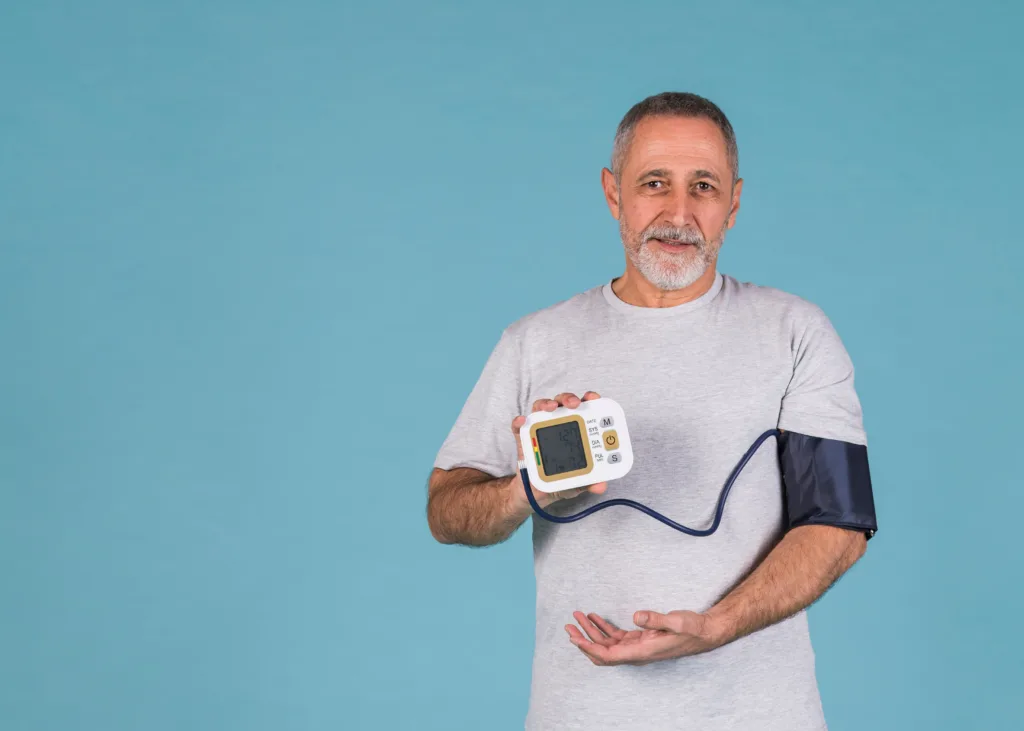RPM brings insight far beyond just glucose readings. Clinics can also track blood pressure, weight, and adherence patterns via connected devices. Such enriched data gives clinicians a fuller picture of patient health trends. With continuous monitoring, providers can detect early deviations, not just react when levels are alarming. These interventions become more personalized, timely, and precise. For example, subtle weight gain or rising blood pressure can trigger coaching outreach before complications develop. This deep data layer empowers proactive strategies rather than reactive fixes. As institutions aim to improve long-term diabetes control, RPM data becomes a powerful foundation for tailored care pathways.
Integrating Behavioral Care and Coaching
To unlock RPM’s full potential, institutions must pair it with behavioral support. Digital coaching on nutrition, exercise, and medication adherence reinforces self management. Moreover, mental health plays a critical role: stress, anxiety, or depression can destabilize glucose control. By embedding brief surveys or patient reported outcomes in RPM workflows, clinicians can spot emotional shifts early. Institutions can deploy hybrid models combining RPM with diabetes educators, dietitians, or psychologists. Such teams can intervene when trends suggest a patient is struggling, offering culturally sensitive guidance and motivation. This integrated behavioral care elevates RPM from a monitoring tool to a proactive care engine.

Promoting Health Equity in Vulnerable Communities
Diabetes disproportionately affects Hispanic and other underserved populations. According to the U.S. Office of Minority Health, Hispanic/Latino Americans are more likely to be diagnosed with diabetes than non-Hispanic peers. Office of Minority Health Language, cultural, and socioeconomic barriers often hinder consistent self-care. RPM combined with a bilingual, digitally accessible program can bridge these gaps. Telehealth interventions in Hispanic populations have shown significant HbA1c reductions. PubMed In underserved Hispanic communities, telemonitoring reduced nonadherence and complications. By designing programs with cultural competency and remote access, institutions can reduce disparities, improve engagement, and deliver equitable care.
Advanced Technology & Predictive Analytics With RPM
Modern RPM programs increasingly use artificial intelligence and predictive models to go beyond raw data. Machine learning algorithms can analyze continuous glucose monitoring (CGM) time-series data to forecast hypoglycemic events. Predictive analytics also spot patterns like “time out of range” before they escalate. Moreover, AI powered “time in range” metrics (percentage of time glucose stays within target) help clinicians understand trends more deeply than traditional HbA1c alone. Studies of AI driven closed-loop systems show users spend more time in target glucose range compared to standard care. These advanced insights allow proactive clinical decisions, tailored alerts, and individualized care plans.
RPM Financial & Strategic Return
Esvyda offers health facilities a platform built to meet today’s diabetes-care challenges. Its telemedicine and Remote Patient Monitoring tools allow continuous and accurate patient oversight. The system also delivers clear analytics that support fast and effective clinical decisions. With Esvyda, institutions can streamline workflows, reduce operational burdens, and provide constant support to their patients. It is a reliable solution that strengthens care quality and helps organizations move toward more efficient and preventive models.

Download this artice
RPM As A Holistic Diabetes Model
Remote Patient Monitoring powers proactive, equitable diabetes programs with coaching, AI insights, and bilingual care for better ROI and outcomes. Esvyda offers health facilities a platform built to meet today’s diabetes-care challenges.
Click Here

